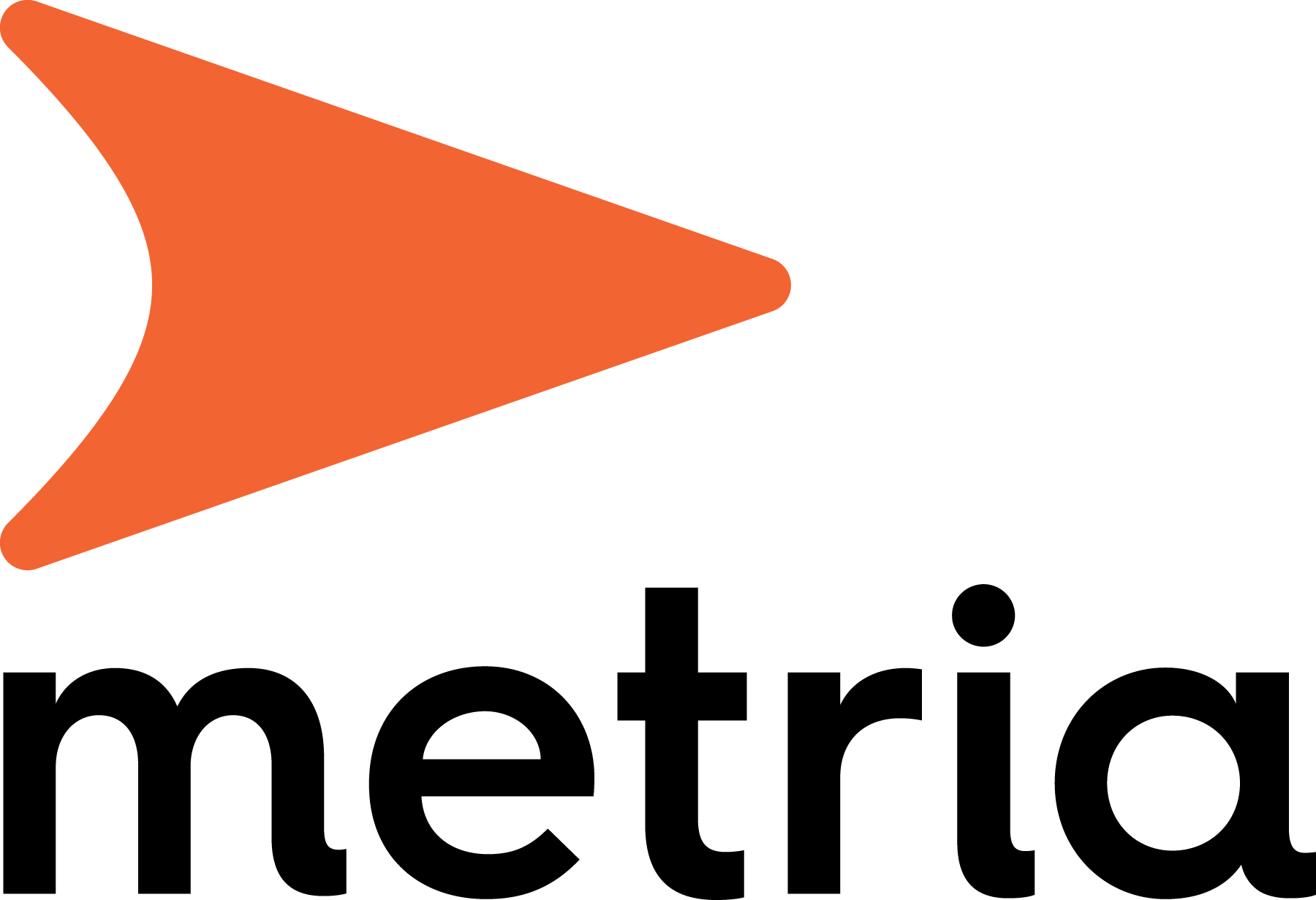Today, we rely almost exclusively on digital information for society to function. Rapid developments create new vulnerabilities and the need to protect and manage data securely is great. This places high security demands on companies and authorities.
Access to the right information is a competitive advantage
A large part of an organization's competitiveness lies in access to the right information, with the right quality, at the right time. Success in managing large amounts of data lies in the ability to turn data into knowledge that can create business value for organizations. Increased amounts of information, increased complexity and increased threats from the outside world create new vulnerabilities.
Increasing amounts of information - a challenge for many organizations
Digitization creates large amounts of completely new information, which has led to many businesses drowning in data without being able to sift, analyze and create value. The 2019 GIS Report shows that 64% of respondents have difficulty finding the geodata they need for their work, and as many as 71% say they have difficulty determining the quality of the information. As a result, it is difficult for organizations to make confident decisions based on reliable facts.
Reliable decisions are based on up-to-date and relevant information
The basis for reliable decisions is an information supply that ensures up-to-date, relevant and quality-assured information. This means collecting, creating, managing, analyzing and making geodata available in a structured way - whether it is information about the business or information about the outside world. Making the information available to the organization requires routines and processes to retrieve it, quality assure it and keep it updated.
Systematic work
Systematic information security work for business and socially critical data gives the organization control over its information and can ensure availability, accuracy and confidentiality.
- Availability - the system should ensure continuous delivery and be reliable and stable. Availability and performance should be adapted to user needs.
- Accuracy - the information stored must be accurate and complete. Information should be quality assured, up-to-date and relevant. Structured collection, management and storage of information and centralized quality control are key elements. Another important element is up-to-date metadata. To ensure this, high demands are placed on the information architecture.
- Confidentiality - the system should ensure that authorized persons, and only those, have access to the information.
SEE WEBBINAR:
What is required to manage geodata securely?
In recent years, we have taken a holistic approach to information security and created a workable long-term process to offer our customers the protection they need. During this webinar, we share our experiences and clarify what it takes to work systematically with information security for your organization's information assets.
You can watch the webinar here.
We are certifiedIn 2019, Metria was certified according to the international standard in both information security, ISO 27001 and quality, ISO 9001. |
 |


